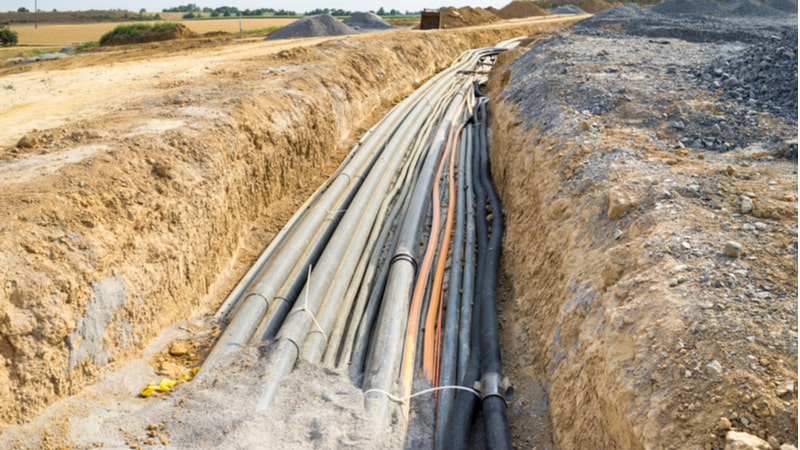
Sens. Joe Manchin, D-W.V., and John Cornyn, R-Texas, and Reps. Jim Cooper, D-Tenn., and Roger Williams, R-Texas, have reintroduced the Eliminate the Digital Divide Act, which is intended to expand rural broadband access in rural America.
The bipartisan legislation, which was initially introduced in October of last year, would distribute $10 billion to states to build out broadband infrastructure in unserved areas, including a $1 billion set-aside for high cost areas.
While the lack of broadband access is a longstanding issue, the COVID-19 pandemic has highlighted the importance of closing the digital divide.
“Now more than ever, access to reliable broadband services is critical for businesses, learning, healthcare, and daily life,” said Manchin. “The COVID-19 pandemic has exacerbated the long-standing issue of reliable internet access across rural America.”

“Previous programs to expand broadband access have worked as a reverse auction where the lowest bidder wins, which has disadvantaged small providers and high cost areas where it is more expensive to build out broadband infrastructure,” Sens. Manchin and Cornyn said in a statement. “The bipartisan Eliminate the Digital Divide Act will create a clear process to distribute funds directly to states based on their proportion of unserved areas, establish guidelines for the program and require the FCC to create an online platform for consumers to learn more about and determine if they are eligible to receive internet subsidies.”
The bicameral legislation would:
- Require the FCC to update its coverage maps to reflect the Broadband Data Act;
- Allow local and state governments to challenge the FCC maps; and
- Include a $1 billion high-cost set aside for states where the cost to build broadband infrastructure is more expensive;
“Access to reliable internet remains one of the biggest challenges in today’s digital economy,” said Rep. Williams. “By empowering states to direct funding to unserved areas, this legislation will allow for increased economic development and help rural communities in every state have access to reliable and affordable broadband service.”
